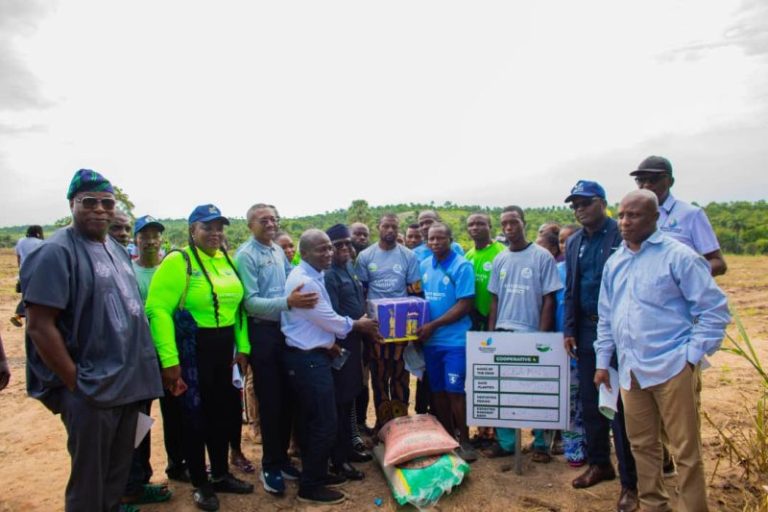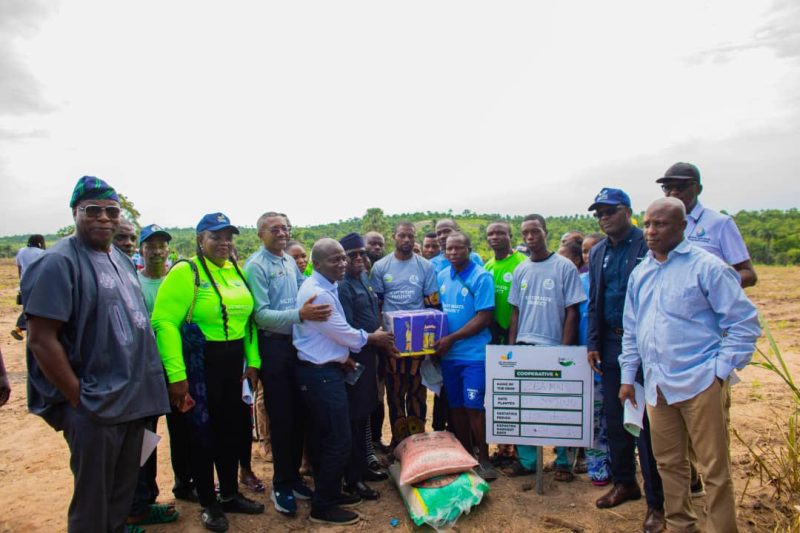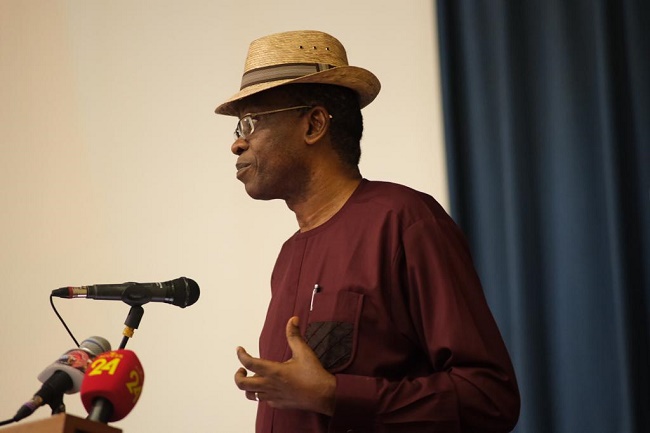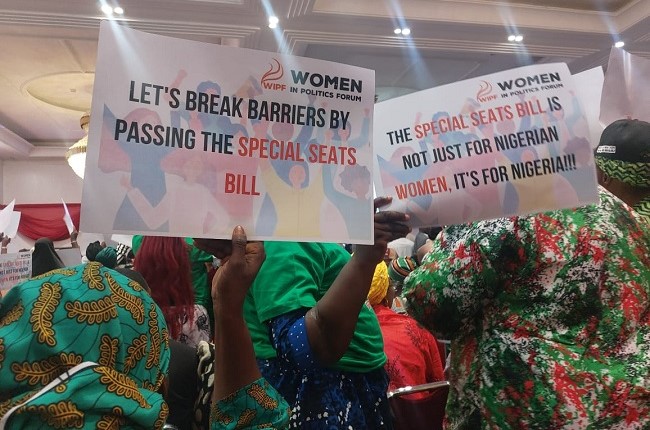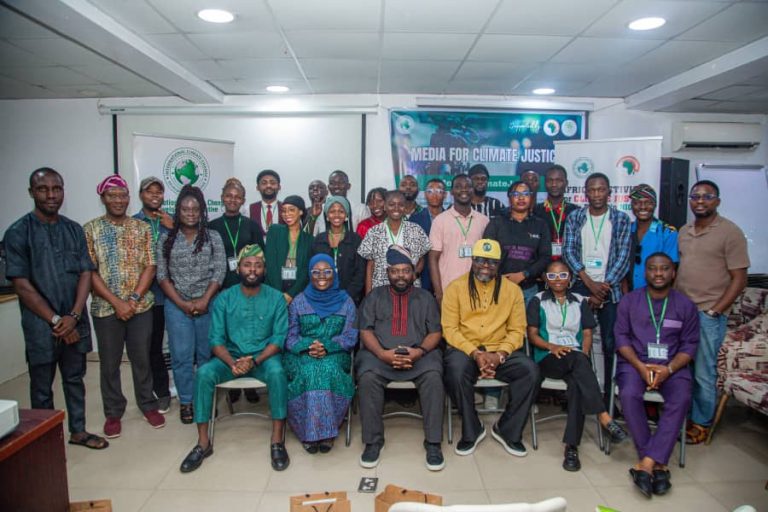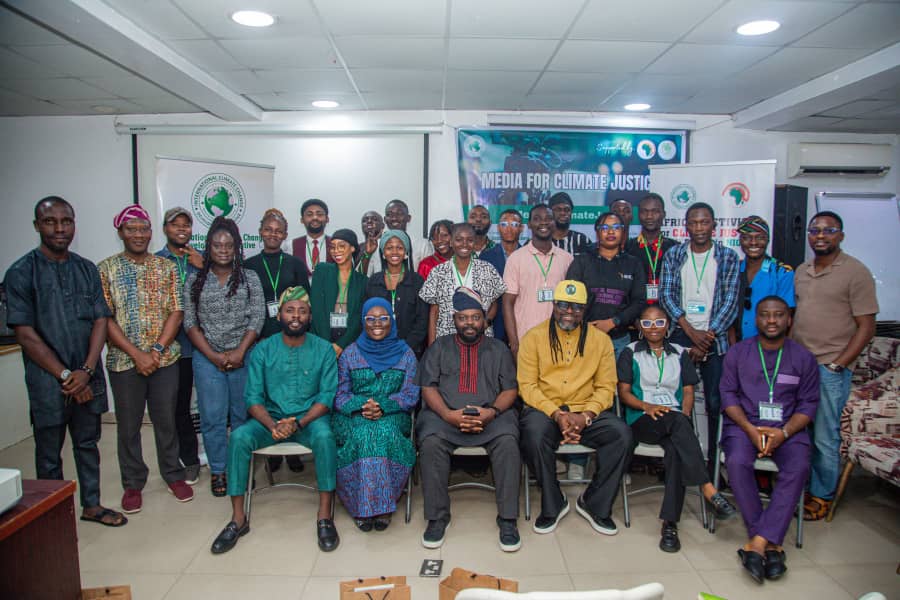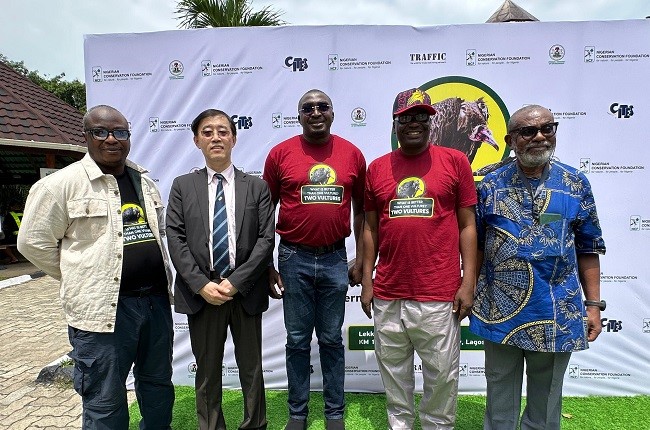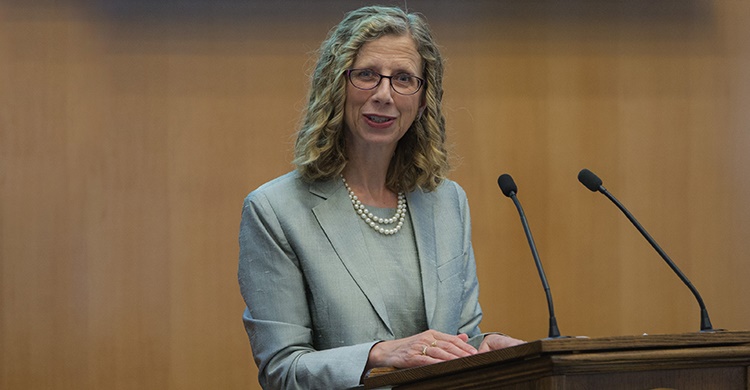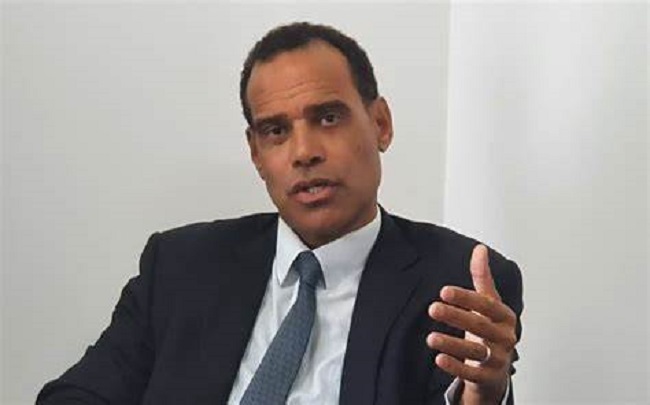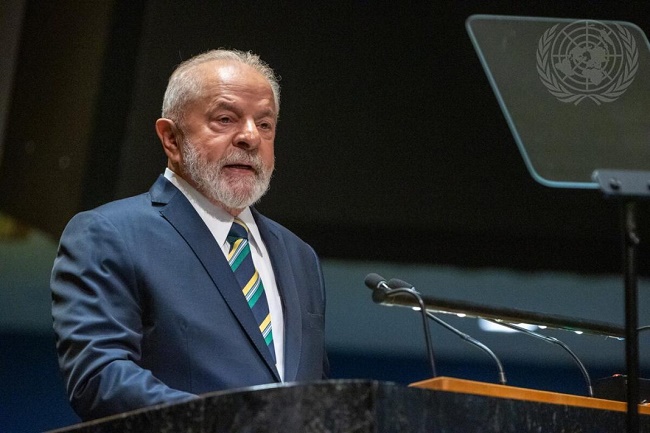“For 30 years, we fetched water from far places, paying N100naira for a jerrican of water that wasn’t even clean,” says Mallam Abdullahi Garuba, a longtime resident of Yanfiki community.
“Sometimes we hide the water from our visitors because it was too dirty to offer them. Today, we have water and not just water, but clean, here in our village.”
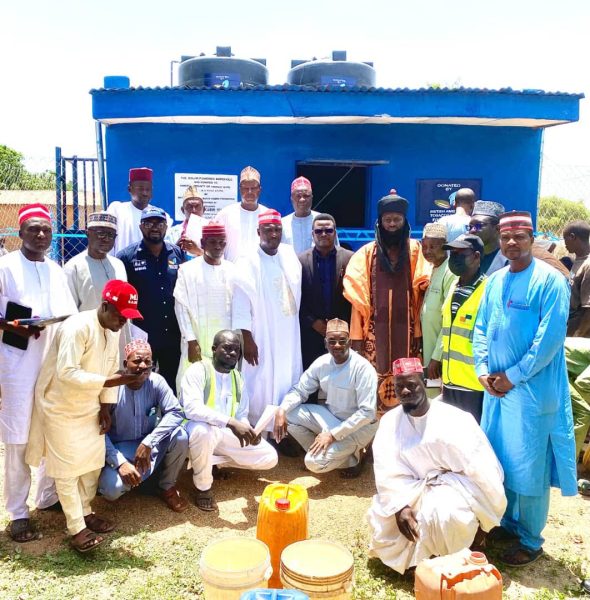
For the people of Yanfiki, a quiet rural village nestled in Kano State, June 24th, 2025, will never be forgotten. After more than three decades of lack of access to portable drinking water, a miracle of a 20,000 litres daily water source is born.
On that day, joy flowed like the very water that began to stream from five new taps in the heart of Yanfiki. The solar-powered borehole, donated by the BATN Foundation, was officially commissioned, and handed over to the Yanfiki community. This wasn’t just the commissioning of a water facility, it was the birth of a new infrastructure, dignity, and hope.
The commissioning ceremony, held in the heart of the rural community, marked the official handoverof the 20,000-litre solar-powered water facility, a project initiated and donated by the Foundation in its commitment to delivering sustainable solutions to underserved communities in Nigeria.
The community gathered in their hundreds to witness what many described as a historic event. Emotions ran high. Men, women, and children danced, prayed, and cheered as clean water burst forth from the new taps.; it was the beginning of possibility they long hoped for.
Gracing the ceremony were dignitaries whose presence added meaning to the occasion. Among them were: Alhaji Umar Haruna Doguwa, Honourable Commissioner of Water Resources, who applauded the initiative and reaffirmed government support for rural infrastructure, Engineer Yusif M. Inuwa, Director of Water, who emphasized the technical integrity of the project, Hashimu Sulaiman, Chairman of Gari, Wakili Bashir Wada, Representative of the Magajin Garin Kano who blessed the project on behalf of the traditional institution, Danlami Mu’azu Danja, Director of Personnel at the Local Government, Alhaji Nasiru Wada,Board director BATN, Foundation, General Manager, BATN Foundation Oludare Odusanya, Project Manager, BATN Foundation Adetola Oniyelu, Media representatives including Muhammad Nur (NAN) and Ibrahim Musa were present to share the story with the world and Others in attendance were Alhaji Abdullahi Musa Kazaure, Hajiya Hasiya Sabi’u, and Dr. Abdulraheem Mudashi, Zonal Director, National Environmental Standard & Regulations Enforcement Agency (NESREA).
In the heart of the celebration, a heartfelt speech was delivered by Alh Nasiru Wada – Board Director BATN Foundation on behalf of the Foundation, Through the deployment of solar-powered borehole, we are not only ensuring clean water access but also promoting eco-friendly, renewable energy solutions that support our climate goals.The 20,000-litre capacity water facility, supported by Four 400W solar panels, features a water management kiosk, five dispensing taps, a submersible pump, a manual hand pump for sustainability in the event of an extended overcast, and a protective fence. But beyond the infrastructure, what truly stood out was the ownership spirit the Foundation instilled in the people.“This is your project,” they said. “Own it. Maintain it. Let it serve not just you, but your children and grandchildren. Let no child skip school again because of water. Let no mother fear sickness from dirty streams.
”And the people of Yanfiki responded. They formed a local water committee before the end of the day. Elders blessed the taps. Children splashed their feet. Women smiled, many of them remembering how far they had once walked to fetch water from unsafe sources.
“We never thought this would happen in our lifetime,” added Mallam Abdullahi. “But today, Allah has smiled on Yanfiki. And we are forever grateful.”
The event concluded with a symbolic ribbon-cutting ceremony, prayers, and a collective commitment to ensuring that the facility is properly maintained.
This initiative is one of several water access projects the BATN Foundation is implementing across rural Nigeria as part of its broader mission to drive equitable development, improve rural livelihoods, and foster health and environmental resilience.
By Ajibola Adedoye

